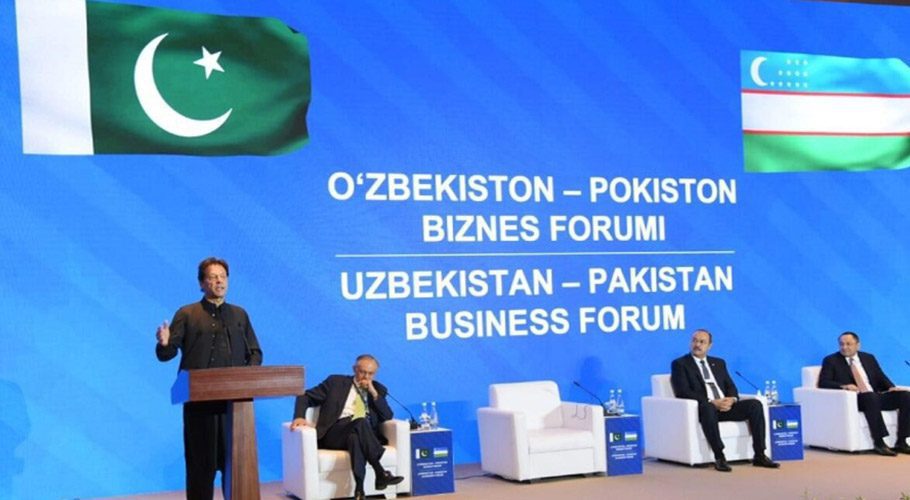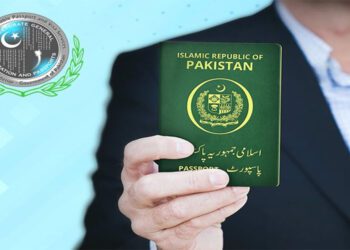Prime Minister Imran Khan paid a two-day official visit to Uzbekistan, during which he had important meetings with his Uzbek counterpart, Afghan President Ashraf Ghani, and others.
In the past, relations between Uzbekistan and Pakistan have not been given much importance, but in the current era, the visit to Uzbekistan is of great economic importance.
The question is, what can Pakistan gain from Pak-Uzbek relations? Let’s take a look at different aspects of the Prime Minister’s visit to Uzbekistan.
Pak-Uzbek relations and CPEC
Basically, the Pakistan-China Economic Corridor project is considered by ordinary citizens as a project of Pakistan and China, but with the passage of time, other countries are also being included in the CPEC.
Addressing the Central and South Asian Liaison Conference in Tashkent, the prime minister said that CPEC is a flag project of the BRI that will boost trade ties in the region and enhance regional cooperation. Pakistan is developing Gwadar as an energy, trade, and logistics hub, he said.
Transit trade agreement
A transit trade agreement was signed between Pakistan and Uzbekistan on the sidelines of the Business Forum. The Ministry of Commerce issued a statement saying that the purpose of the forum was to bring traders from both countries under one roof.
Trade Adviser Abdul Razzaq Dawood discussed bilateral trade opportunities. Pakistan and Uzbek leadership sign MoU and transit trade agreement.
The Pakistani delegation included representatives from textile, fruit, vegetable, pharmaceutical, engineering, tourism, construction, chemicals, IT, and other sectors.
Progress in the Afghan peace process
The peace process has stalled and a new four-member diplomatic alliance comprising Pakistan, the United States, Uzbekistan, and Afghanistan has been formed to move it forward.
According to Foreign Office spokesman Zahid Hafeez Chaudhry, the representatives of the four countries agreed in principle to focus on enhancing regional ties by creating a diplomatic platform.
Attendance at historic shrines
Most Pakistanis are unfamiliar with Uzbek history so after completing his visit, Prime Minister Imran Khan visited the shrines of Sufi Bahauddin Naqshband and Emir Timur in Uzbekistan before leaving for Pakistan and said that relations between the two countries had begun to flourish. So far we have agreed to read Uzbek heroes in history books.
Pictures of the shrine visit were shared on the social networking site Twitter. The prime minister said that public relations between the two countries were not special, political, trade, and public relations have started a new relationship that will grow stronger.
Relations between two countries and expected benefits
Like our neighbor Afghanistan, Uzbekistan is landlocked on all sides, bordering Kazakhstan, Kyrgyzstan, Tajikistan, Afghanistan, and Turkmenistan. There are only two countries in the world that are surrounded on all sides by countries that are themselves landlocked.
Uzbekistan is one of them; the area of the country is 447,000 square kilometers, 80% of this area consists of deserts and deserts. The mountains are 4,500 meters above sea level. Natural gas, petroleum, coal, gold, silver, uranium, copper, lead, zinc, and molybdenum are abundant here and 88% of the population is Muslim.
In terms of trade, Uzbekistan is a major exporter of gold, natural gas, copper, polythene, and other commodities to other countries. Surprisingly, Pakistan’s relations with Uzbekistan have never been more important in the past, but the expected benefits of Pak-Uzbek relations in the current era can be numerous.

































